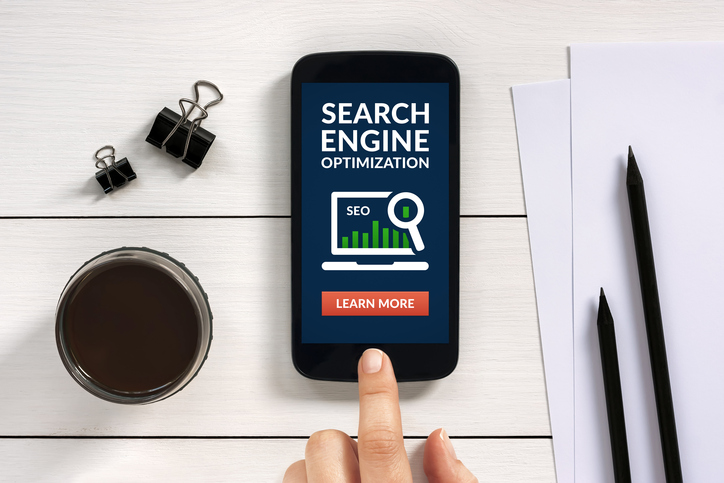
Today, more searches are performed on mobile platforms than on any other.
Mobile’s share of the Web continues to grow, and the digital marketing landscape is changing to fit. For example, Google recently announced mobile-first indexing – that is, Google now looks at a site’s mobile version first when determining how each website is displayed and ranked.
With each careful step toward a mobile-first Web, it becomes more important to optimize your mobile experience accordingly. New ranking factors are emerging. At the same time, older ones such as page loading speed are influencing search in brand new ways.
In fact, mobile page speed is a “make or break” factor for both SEO and usability.
Mobile Page Speed Has Become More Important Than Ever Before
Google’s own research on the topic of mobile loading speed provides insights for webmasters.
The Google team tracked the performance of more than 900,000 mobile landing pages to decipher how different performance factors influence users.
While user experience research is sometimes mysterious, the results in this case are hard to dispute: fast load times and intuitive navigation make positive impressions on site visitors.
On the other hand, it has long been known that a delay as brief as one full second can be enough for a user to conclude that something is wrong with a Web page.
In the Google study, 70% of sites had mobile landing pages 1 megabyte or larger in size. In 25% of those sites, the total file size of the page could be reduced 25% or more using compression.
Using the Google Speed Scorecard to Find Optimization Opportunities

Even a small improvement in mobile loading speed can raise conversions.
That’s not all: Speed is a landing page factor for both Google Search and Google Ads. Faster sites will tend to rank better on mobile and, should you be using the Google PPC ecosystem, a better page loading time may help you control your advertising costs.
Google has put forth the following recommendations for mobile pages:
- On mid-range devices using 3G, pages should be usable within 5 seconds.
- On high-end devices using 4G, pages should be usable within 3 seconds.
Marginal reductions in loading time are worthwhile and often easy to achieve with the right tools. One great way to scout out opportunities is with the Google Speed Scorecard.
The Speed Scorecard rates your speed, estimates the revenue impact of the current performance, and serves as a gateway to personalized Google recommendations for improvement.
A streamlined mobile experience can differentiate you from the competition – especially in local search. Keep an eye on your mobile metrics and you could capture lucrative “near me” searches that make a big bottom line difference.
